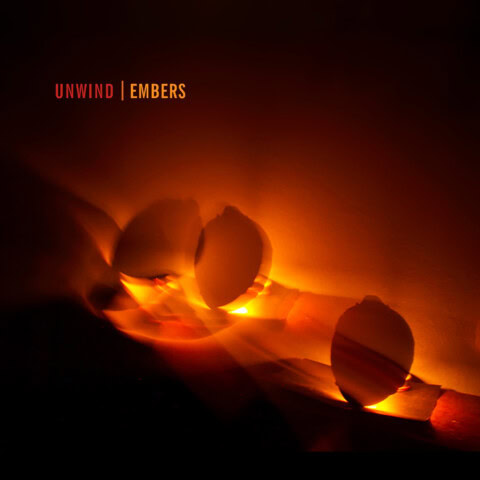Summary
Tom Ludvigson & Trevor Reekie – Roto (Jazzscore/Southbound) Reviewed on CD
Tom Ludvigson & Gianmarco Liguori – Espiritu Santo Variations (Sarang Bang Records) Reviewed on LP
Tom Ludvigson gets around. GARY STEEL discovers that you never know quite what to expect from this prolific Auckland-based keyboardist.

Tom Ludvigson has successfully maintained a low profile over the years despite a prolific output of recordings and engagements. Perhaps that’s due to the consistently eclectic nature of his work, from film and dance commissions through to his more personal musical projects. The multi-instrumentalist – who these days devotes his attention to mostly keyboards – tends to gravitate to collaborations that sit in an uncategorisable space between jazz, electronics and exploratory fusions thereof.
His latest two releases are right out there on the experimental fringes of his musical endeavours, and both are improvisation-based collaborations with likeminded individuals whose musical interests are wide and omnivorous and refuse to be tied down to marketable niches.

Tom Ludvigson has worked with guitarist Trevor Reekie in the space-jazz-dub group Trip To The Moon for many years, and Roto is a TTTM album in everything but name. It’s easy to see the logic behind the change of nomenclature, however, because musically, it’s a very different beast to anything that group have done before. While there’s clearly an improvised element to TTTM’s output, on Roto they’ve simply jammed and left the tape recording to catch those special moments.
Listening to records of improvised performances can be a chore, because the nature of this type of in-the-moment methodology is that not everything works. One way around this is the approach favoured by so-called “Kraut rock” bands like Faust and Can, both of who boiled down long-form jams to create incredible albums through their own distinctive approaches to post-productive editing. Ludvigson and Reekie have chosen a third way, which eschews any after-the-fact editing with the exception of choosing the most inspired parts.
While Roto is in no way a homage to German music from the early ‘70s, the type of tones generated by Ludvigson’s synthesisers capture something of that sound. It’s true, however, that at this point in recorded history, just about anything is going to contain fragments of what came before. In that sense, there are strong echoes of the kind of ambient music that Brian Eno and Harold Budd were making in the ‘70s and ‘80s. It’s hard not to make comparisons when writing about these kind of nebulous soundscapes, but Roto is not a derivative set of improvisations so much as existing in a lineage of cross-genre influence.

My favourites are the longer pieces, ‘The Hourglass’ (10:54) and ‘Ghost At The Crossing’ (7:37), both of which have Reekie wreaking spooky havoc with Robert Fripp-like e-bow guitar. The former piece is not so much an extrapolation as a rumination, and while some might consider it meandering, I prefer to think it that it hovers gracefully.
Where Trip To The Moon albums have included the contributions of guest musicians, Roto is just the two of them thinking on their feet and consequently, there’s no drumming and lots of spatial ambience. It’s tentative in a good way, with Ludvigson and Reekie both contributing just enough to the sonic space.
Espiritu Santo Variations is an even more left-field collaboration released in an edition of only 100 vinyl records by Gianmarco Liguori’s Sarang Bang label, and again, it’s the result of an improvised session between Liguori’s collection of antique drum machine and electronics and Ludvigson’s keyboards (both acoustic and electronic).
In his description of the session, Liguori talks about having read a book about Vanuatu spirit healers in preparation for the date, because Ludvigson had lived there in the 1970s and observed the healing ceremonies. He also mentions that during the sessions, Auckland’s Pasifika festival was audibly taking place just down the road. The inference is that both of these influences somehow seeped into the subsequent improvisation.

It’s a fascinating slice of vinyl that doesn’t sound quite like anything else that’s oozed from our shores before, and Liguori’s cheap percussion effects give it a dirty patina that adds to its sense of otherness.

Consisting of just four tracks, Espiritu Santo Variations often sounds like a kind of no-budget Kraut rock/industrial hybrid that could almost be a lost example of late ‘70s or early ‘80s experimentation in a dank basement where musicians deeply in awe of Throbbing Gristle toiled away. Except that it was recorded in leafy Western Springs, Auckland.
It would be overstating the case to call this album essential listening, but it’s certainly an interesting diversion for both Liguori and Ludvigson.














